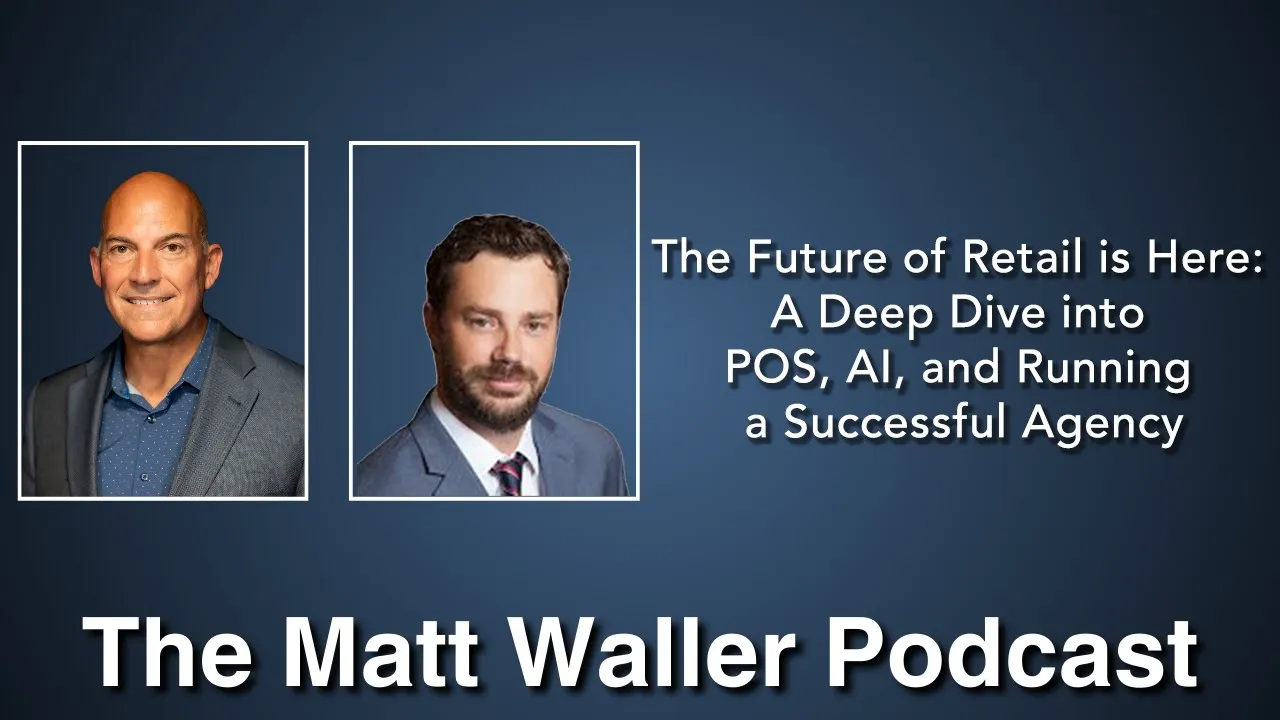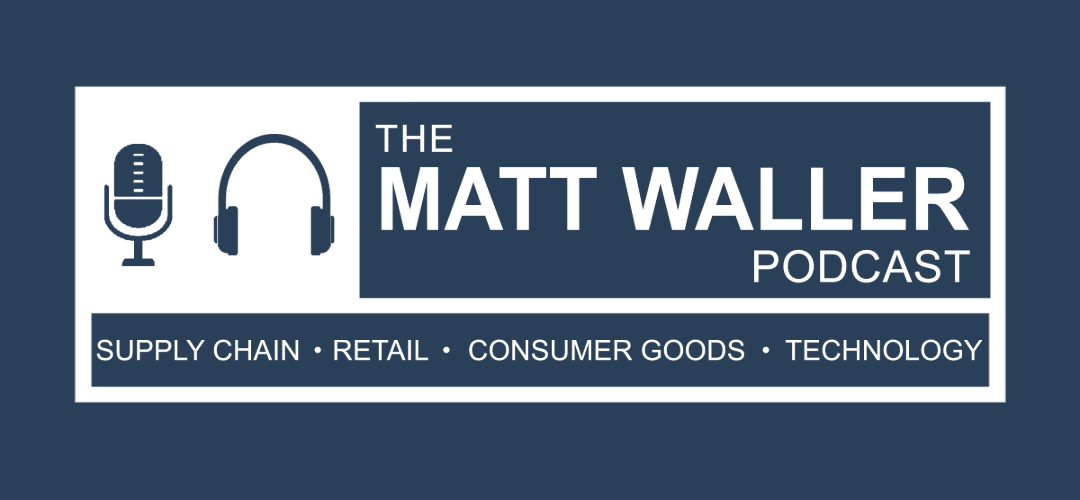Today, I spoke with Jared Smith, CEO of Kitestring Technical Services in Bentonville, Arkansas. Jared, who has a PhD in physical chemistry from UC Berkeley, has led Kitestring, a 150-person firm specializing in retail technology, for the past 12 years. Our discussion ranged from the evolution of point-of-sale (POS) systems and the potential of AI in retail to the importance of self-care for entrepreneurs.
Evolution of POS Technology
We started by discussing the evolution of POS systems, which handle transactions, inventory management, and customer engagement. Jared’s company has a strong history in POS development. We reminisced about early Scan and Go technology at Walmart and its improvements. Jared believes the future of in-store checkout will involve both self-checkout kiosks and traditional cashier lanes, providing a seamless customer experience. He highlighted technologies like RFID and computer vision that could revolutionize checkout processes, allowing customers to walk through a checkout area while the system automatically identifies and rings up each item.
Challenges remain, such as RFID signals being disrupted by liquids and metals and computer vision struggling with obscured items in a cart. Jared suggested a hybrid approach, combining these technologies with sophisticated algorithms, could overcome these issues.
Omnichannel Retail and Blurring Lines of Commerce
Our conversation then shifted to omnichannel retail, merging online and offline shopping experiences, such as buying online and picking up in-store (BOPUS). Jared mentioned Walmart’s early BOPUS experiments, like the Alaskan Bush Pilot Project in the 90s, which predated widespread internet use.
Integrating online and offline channels poses unique challenges in inventory management. Questions arise about when an online sale becomes a store sale and how such transactions impact inventory tracking and sales figures. Retailers must navigate these complexities as they adapt to the evolving landscape.
The Promise and Peril of AI in Retail
We discussed AI’s potential to transform retail, offering personalized shopping experiences and optimized supply chains. However, AI is also surrounded by hype and uncertainty. Jared stressed the importance of caution when implementing AI, especially in mission-critical systems like POS. Retailers should avoid jumping on AI trends without thorough evaluation, as untested technologies can be disruptive and costly.
Nonetheless, AI can enhance operational efficiency. Jared shared a study where consultants using AI tools saw increased productivity and quality. While general-purpose AI tools like ChatGPT are popular, Jared sees more value in specialized AI models trained on specific industry datasets. For instance, an AI assistant trained on a retailer’s historical sales data could provide valuable insights for demand forecasting, pricing optimization, and personalized marketing.
Importance of Self-Care for Leaders
As our conversation neared its end, we discussed the importance of self-care for entrepreneurs. Running a business with 150 employees can be incredibly stressful. Jared and I bonded over our commitment to physical and mental well-being, frequenting Blake Street House, a gym where we engage in cardio, strength training, heat therapy, and cold plunges.
These practices profoundly impact mental clarity, energy levels, and overall well-being. Jared emphasized the need to prioritize sleep, exercise, and a healthy diet to manage stress and make sound decisions. He believes that taking care of himself makes him a better leader, enhancing his ability to navigate the complexities of running a successful business.
Enduring Power of the Agency Model
Our discussion concluded with a reflection on the agency model. Despite the allure of the SaaS (Software as a Service) model and the pursuit of "unicorn" startups, Jared remains a staunch advocate for professional services firms.
He noted the lower barrier to entry for service-based businesses, where entrepreneurs can start small and scale gradually. Jared cited Mark Cuban’s philosophy of "reading the freaking manual" – identifying a market need and acquiring the skills to fulfill it. This contrasts with the high failure rates of startups, which often face pressure for rapid growth and substantial upfront investment.
The agency model allows for a more sustainable approach, where entrepreneurs can bootstrap their businesses, add team members as needed, and focus on delivering exceptional service to clients.
The Future of Retail is Here: A Deep Dive into POS, AI, and Running a Successful Agency



Member discussion: